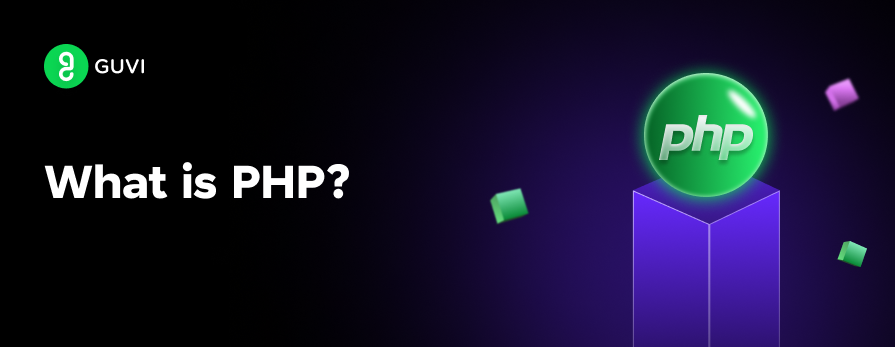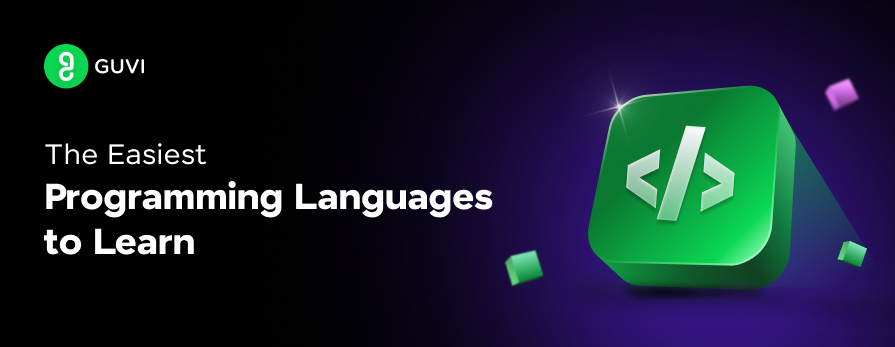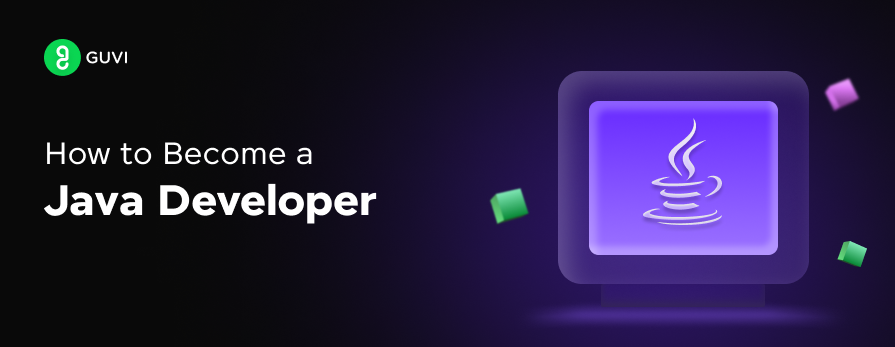
8 Hardest Programming Languages to Avoid as Beginners
Mar 22, 2024 5 Min Read 3461 Views
(Last Updated)
It is said that Malbolge is the hardest programming language to learn. Is it? Well, that depends because there are multiple difficult programming languages that can rival Malbolge. Let’s find out, shall we?
Table of contents
- Malbolge
- Whitespace
- Intercal
- Cow
- Brainfuck
- Prolog
- LISP
- Haskell
- Let's wrap it up!
- FAQs
- Is C++ the most difficult programming language?
- Is Python the hardest programming language?
- Can I study Python in 2 days?
- Is learning hard programming languages worth it?
1. Malbolge


2. Whitespace

Similar to these languages, Go Lang is an advanced language, and if you are looking for a detailed Go Lang career program, you can join GUVI’s Go Lang Course. You will be able to master the language built by Google by building real-life projects.
3. Intercal

4. Cow

5. Brainfuck

How about you learn it with the help of a video? Try here:
6. Prolog
Next on the list of hardest programming languages to give food for your thoughts is Prolog, a logic programming language. It is associated with artificial intelligence and computational linguistics.

Prolog language is very expressive, allowing recursive rules to represent reachability in parse trees and the operation of negation-as-failure to check the absence of conditions.
Do you know that IBM Watson uses Prolog?
It doesn’t get much “hype” and “buzz” these days, but the fact is, it is totally in use. Prolog requires a completely different mindset compared to other hardest programming languages. Learning the basics of Prolog is absolutely worthwhile, whether you’ll ever use it in the real world or not.
Also, it is intriguing to learn the basic ideas underlying unification. Meanwhile, we can also understand how a trivial and inefficient implementation might be handled.
Using Prolog, you can easily build databases with minimal programming effort. Also, pattern matching is easy with Prolog. Search is recursion-based. It has built-in list handling, making it easier to play with any algorithm involving lists.
Okay, let’s take a break from the toughest programming languages and find out what the top programming languages are. And how to learn them easily.
The 5 Most User-Friendly Programming Languages
How To Learn Any Programming Language? This Will Help.
7. LISP
Lisp is a family of functional programming languages. It has a long history and a distinctive, fully parenthesized prefix notation. Introduced by John McCarthy in 1958, Lisp is the second-oldest high-level programming language, still in common use. Only Fortran is older by one year.
The overall style of the language is organized primarily around expressions and functions rather than statements and subroutines. You should know that every Lisp expression returns some value and every Lisp procedure is syntactically a function; when called, it returns some data object as its value.

Lisp, originally styled LISP, stands for list processing. Lisp is a family of functional programming languages. It has a long history and a distinctive, fully parenthesized prefix notation.
Introduced by John McCarthy in 1958, Lisp is the second-oldest high-level programming language, still in common use. Only Fortran is older by one year. As one of the earliest programming languages, Lisp pioneered many ideas in computer science, including tree data structures, automatic storage management, dynamic typing, and the self-hosting compiler.
The overall style of the language is organized primarily around expressions and functions rather than statements and subroutines. You should know that every Lisp expression returns some value and every Lisp procedure is syntactically a function; when called, it returns some data object as its value.
Common Lisp, Arc, AutoLisp, and BBN Lisp are a few of the common Lisp dialects.
8. Haskell
Haskel first appeared in 1990, named after logician Haskell Curry.. Haskel is a general-purpose, statically-typed, purely functional programming language. Initially designed for teaching, research, and industrial applications, Haskell has pioneered a number of programming language features, such as type classes, which enable type-safe operator overloading.
Haskel is vividly known for the Glasgow Haskell Compiler (GHC). The last formal specification of the language was made in July 2010, while the development of GHC continues to expand Haskell via language extensions.

Haskell is still implemented in academia and industry. As of May 2021, Haskell was the 28th most popular programming language by Google searches for tutorials. However, it just made up less than 1% of active users on the GitHub source code repository.
Kickstart your Programming journey by enrolling in GUVI’s Go Lang Program where you will learn how to build secure and scalable software systems in the Go programming language developed by Google
Let’s wrap it up!
So, what do you think is the hardest programming language of all? Are you interested in learning any of these languages? Let us know from your comments below.
Check out this list of the easiest programming language to build your dream career with ease of coding & learning.
To know more about the programming languages and to make your grandest entry into the tech world, stay abreast with GUVI Blogs.
FAQs
Is C++ the most difficult programming language?
No. C++ is an easy-to-code programming language understood and followed by many developers worldwide. Compared to the inconsumable and hardest programming languages like Malbolge, whitespace, COW, internal, and others, C++ is a simple and effective programming language.
Is Python the hardest programming language?
Python is considered the easiest programming language to learn and execute. It has a relatively simple syntax and readymade functions or libraries.
Can I study Python in 2 days?
Yes! You can study Python in 2-days and construct your career pathway with further upskilling. To learn Python in just 2 days, You can sign up for a comprehensive online course with certification. You can develop a career pathway from such a course and master Python with constant upskilling and keeping up with trends in Python.
Is learning hard programming languages worth it?
Well, learning hard programming languages isn’t necessarily rewarding, except in some cases. Most esoteric languages are considered the hardest programming languages. These were just introduced to make coding more challenging for the sake of experience.
Although there are more conventional programming languages like C++, Assembly Languages, Haskell, Prolog, etc. which are considered hard, yet can be really useful and fetch high pay in case of unique requirements.























![Top 10 Ruby on Rails Project Ideas [With Source Code] 11 Ruby on Rails Project Ideas](https://www.guvi.in/blog/wp-content/uploads/2024/10/Ruby_on_Rails_Project_Ideas.png)
![10 Innovative Rust Project Ideas [With Source Code] 12 Rust Project Ideas](https://www.guvi.in/blog/wp-content/uploads/2024/10/Rust_Project_Ideas.png)
![10 Unique R Project Ideas [With Source Code] 13 R Project Ideas](https://www.guvi.in/blog/wp-content/uploads/2024/11/Best-R-Project-Ideas.png)
![13 Best C Sharp Project Ideas (C#) [With Source Code] 14 C Sharp Project Ideas](https://www.guvi.in/blog/wp-content/uploads/2024/10/C_Project_Ideas-1.png)
![12 Best C Project Ideas [With Source Code] 15 C Project Ideas](https://www.guvi.in/blog/wp-content/uploads/2024/10/C_Project_Ideas.png)




Did you enjoy this article?